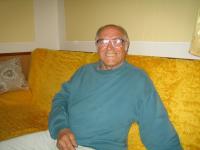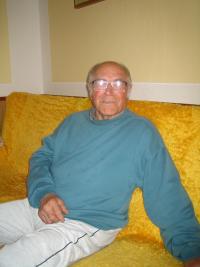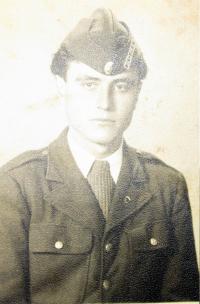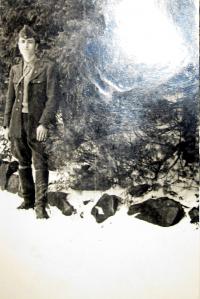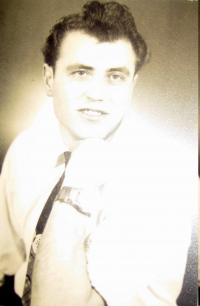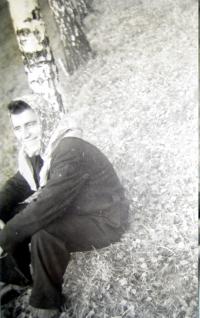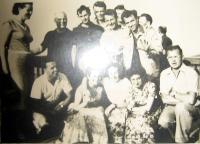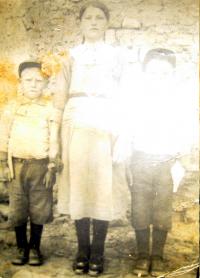Civil war - that’s the worst kind of fighting. I wouldn’t wish that on anyone.
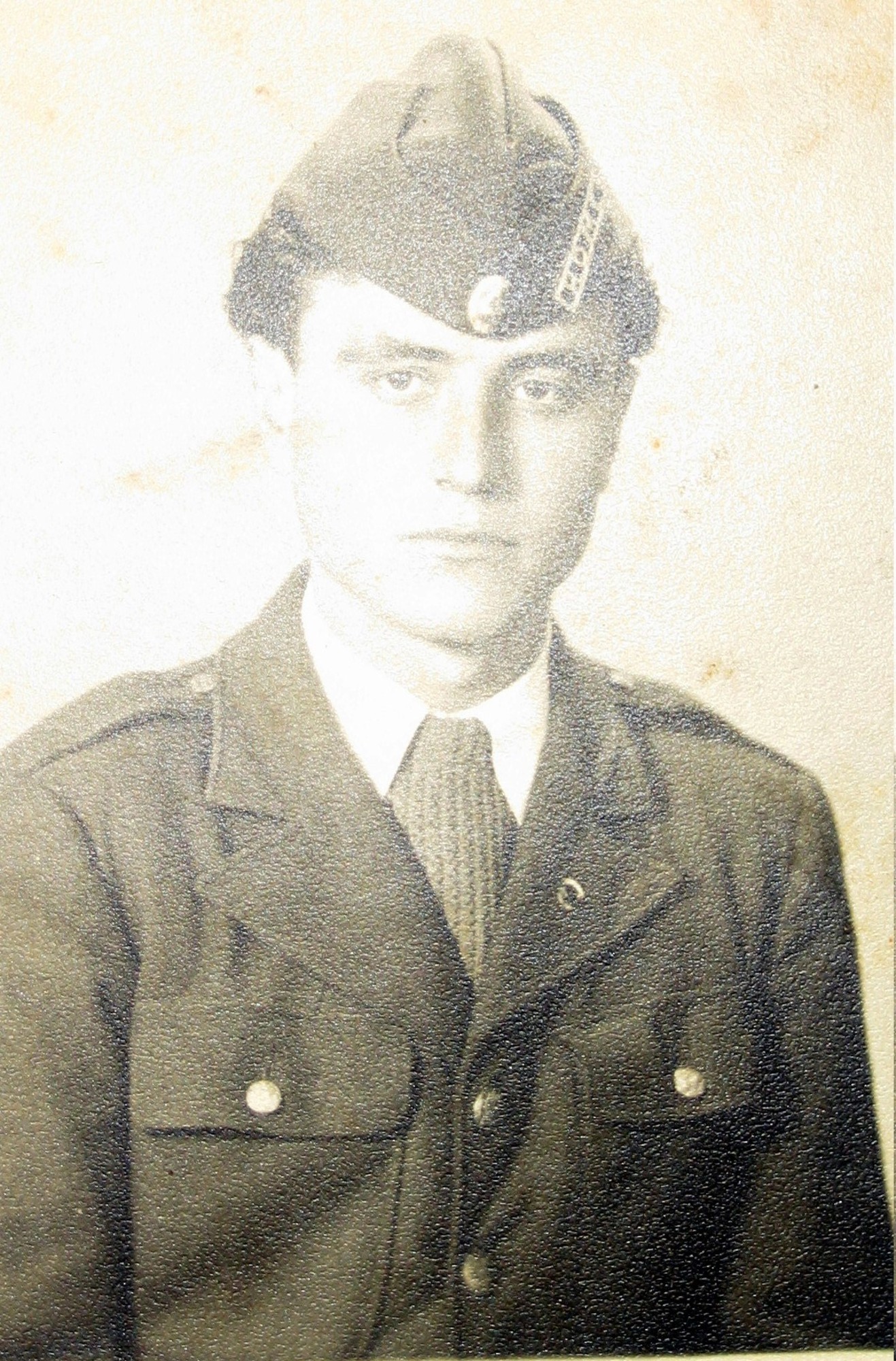
Download image
Lazarus Filipu was born on 19 December 1927 in Florina, northern Greece, into a Slavic-Macedonian family. When Greece was occupied during World War 2, he distributed anti-German pamphlets, for which he was arrested, imprisoned and interrogated by the Gestapo. After his release he joined the Greek People’s Liberation Army (ELAS), a partisan military led by Greek communists. He served as a courier, carrying messages and orders from one partisan group to the other. When World War 2 ended, however, the country plunged into a civil war between the communists and the monarchists, who were supported by Great Britain and the United States of America. Lazarus fought for the Democratic Army of Greece (DSE), led by the communist party. He served as a scout and observer and reached the rank of captain. In 1949, when the civil war came to an end, he left through Yugoslavia and Hungary to Czechoslovakia. He settled down in northern Moravia, he worked as a weaver in Letohrad and Rychnov nad Kněžnou; he also graduated from an evening technical school. He married twice. He visited his homeland for the first time in the 1970s, but he never moved back out of consideration for his children.
